Bachelor program in Japanese Studies
Bachelor program in Japanese Studies
1. Introduction
Name of training program:
- Vietnamese: Nhật Bản học
- English: Japanese Studies
Code of training program: 7310613
Degree: Bachelor
Academic degree:
- Vietnamese: Cử nhân Nhật Bản học (chương trình chất lượng cao)
- English: Bachelor in Japanese Studies (High-quality Trainning Program)
Language of instruction: Vietnamese, English, Japanese
Period of study: 4 years
Location: My Dinh and Hoa Lac campuses
2. SIGNIFICATION AND OBJECTIVES OF ESTABLISHING JAPANESE PROGRAM
Vietnam Japan University (VJU) was established on July 21, 2014 and is the 7th member of Vietnam National University, Hanoi. The birth of VJU was not only the result of the cooperative relationship as an extensive strategic partnership between the governments of Vietnam and Japan, but also the crystallization of the ideas, ambitions and dedication made by scientists, agencies, organizations and businesses of the two countries.
Japanese Studies is the first training area selected by VJU to open a bachelor’s program after considering ways to promote the strength of the university and to express its dedication to the field of higher education in Vietnam that can contribute to the development of cooperative relations in many aspects of the two countries of Vietnam and Japan in the new era.
Therefore, unlike other traditional programs of Japanese studies, VJU’s Japanese studies program has been built on an interdisciplinary basis between social sciences and humanities, natural sciences and technologies with the aim of training experts of Japanese studies who have comprehensive understanding of Japan and mastery of in-depth knowledge in one of the three fields (concentrations): Japanese Legal system, Japanese Economics – Management and Japanese Language Education.
These Vietnamese bachelors with deep comprehensive understanding of Japan are expected to be experts, managers, and leaders who can contribute to promoting the comprehensive cooperative relationship between Vietnam and Japan in the near future. On the contrary, the extensive strategic partnership for peace and prosperity in Asia that the two countries are building together is a sustainable basis for the development of the program.
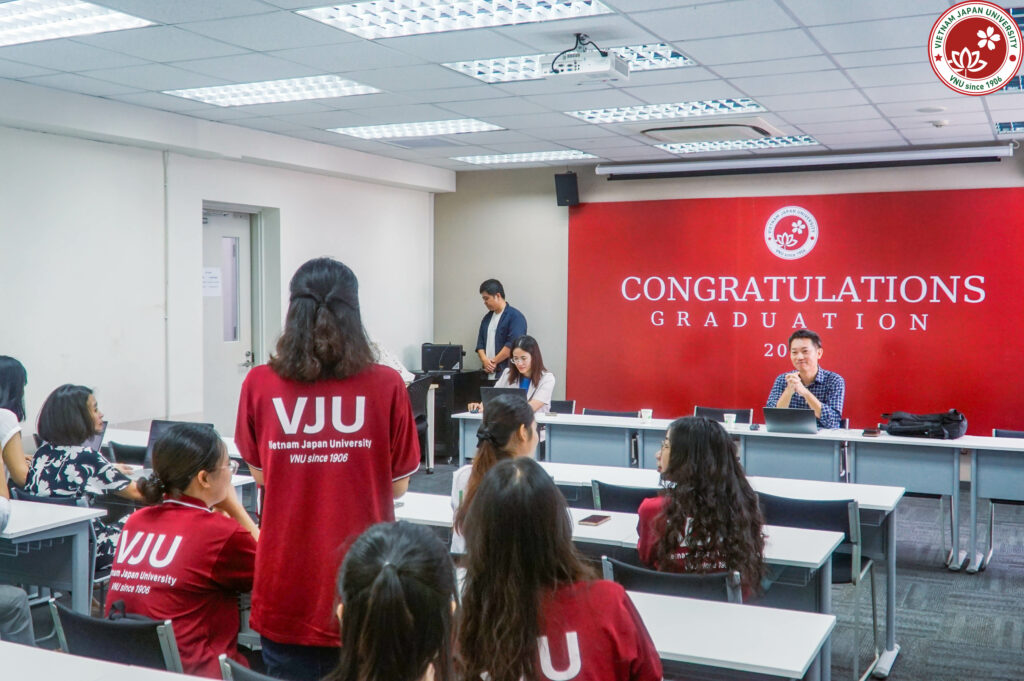
3. CAREER OPPORTUNITIES
- To work in domestic and foreign enterprises, companies, especially Japanese enterprises and companies in Vietnam and in Japan as translators and interpreters, specialists of legal affairs and economic business.
- To become a lecturer in the field of Japanese studies and Japanese language education in universities, colleges and professional and vocational high schools, and primary schools as well;
- To work as a reporter, editor, commentator on news and politics related to Japan at central and local newspapers, central and local radio and television stations, press agencies, news agencies or ministries and institutions of science and technology
- Consulting work related to Japan in the agencies and organizations that plan and implement guidelines and policies at the central or local level;
- To work in diplomatic organizations at the Ministry of Foreign Affairs, the Japanese Embassy in Vietnam, the Vietnamese Embassy in Japan, international organizations in Vietnam such as Japan Foundation, Jasso…
- To continue to study for Master and Doctoral degrees at universities in Vietnam, Japan and other foreign countries.
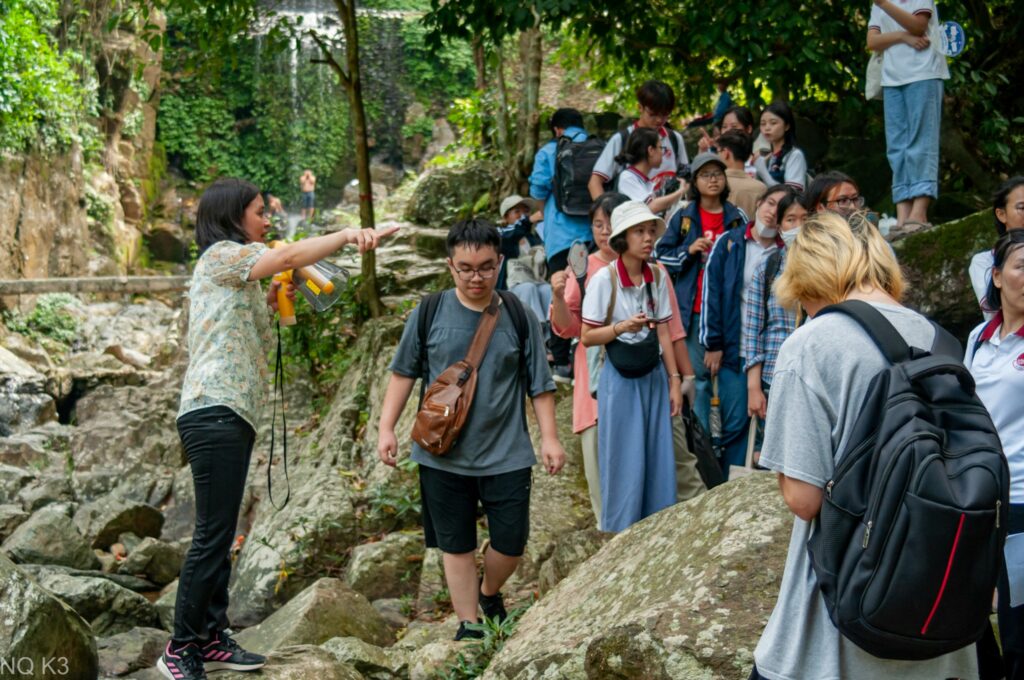
4. Superiority of the program
4.1 Liberal Arts education
- Provides a broad but integrated base of knowledge, including social sciences and natural sciences and technology.
- Provides in-depth and comprehensive knowledge of Japan.
- Encourage students toward self-study to develop themselves so that they can adapt to the changes of society in the era of Industry 4.0.
4.2 Appreciate the cultural identity of learners
Learners can approach Japan not in a one-way approach but on the basis of comparison with Vietnam in the global context, from the perspective of Vietnamese people. On that basis, learners can actively choose the knowledge and experience of Japan that might be suitable for Vietnam by the Japanese to contribute to the development of Vietnam in the future. The goal of the program is to train experts who are knowledgeable about Japan on the basis of Vietnamese culture and feelings.
4.3 Contemporary and global environment
- Provides comprehensive knowledge about contemporary Japan as well as current global issues of concern, especially those related to the sustainable development of humankind.
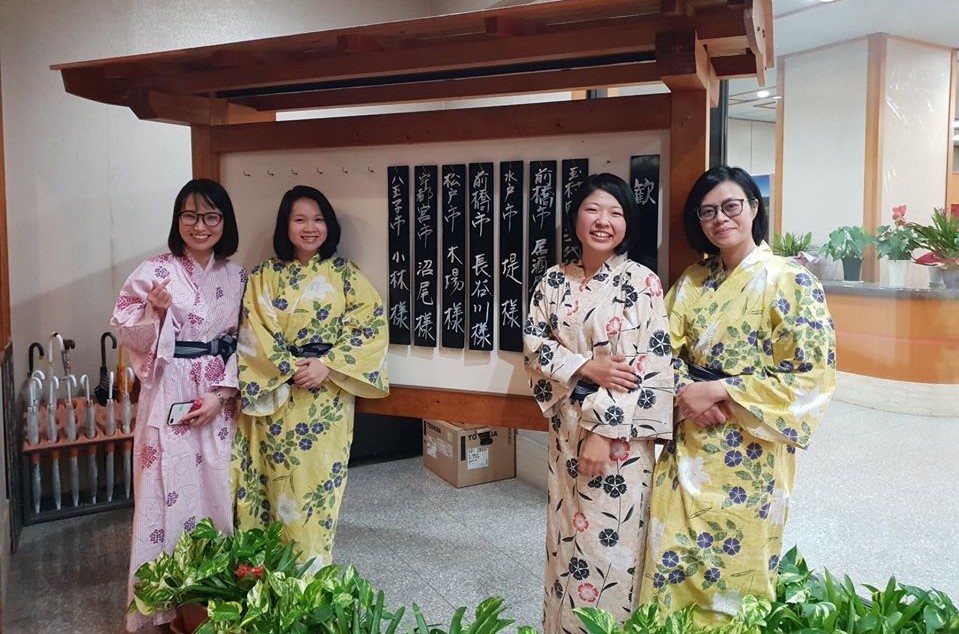
4.4 Opportunity to study on Japan right in Vietnam
- In addition to the Vietnamese lecturers, the Program has the cooperation of 35 lecturers from 13 major Japanese universities.
- Students will be able to participate in many exchange activities with Japanese students.
4.5 Focus on fostering foreign language proficiency
- The training program is designed with many Japanese language courses and many other courses taught in Japanese, so graduates will have a high-level skill of Japanese.
- International academic environment with the participation of many international lecturers and students (both Undergraduate and Graduate).
4.6 Modern learning methods
- Many modules in the training program use active learning methods.
- Based on the experience of Japanese universities, the program will introduce the system of Japanese style seminar into some modules to develop communication, discussion, teamwork skills and enhance interaction between lecturers and students. and among students.
4.7 Highly practical nature
- The content of the modules is highly practical, with the participation of many experienced experts from Japanese and Vietnamese organizations and businesses.
- Students will have the opportunity to interact with organizations and businesses through Internship programs.
4.8 Opportunity to study in Japan
- Students can have the opportunity to study at prestigious Japanese universities such as Waseda University, Hosei University, Obirin University…
5. MESSAGES FROM PROGRAM

Prof.Dr. Motoo Furuta
Rector
“Like Vietnam, today Japan is changing drastically. In order to have a comprehensive and profound understanding of such a transforming Japan, we need to compare it with Vietnam and other countries in the world. I firmly believe that the knowledge and vision that students have after graduating from the Japanese Studies Program of Vietnam Japan University will be a compass to guide their lives and careers in the future, this twenty-first century.“
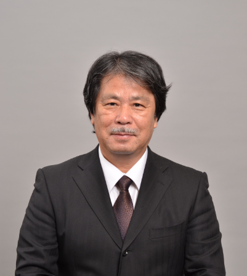
Prof.Dr. Yamada Mitsuru
Faculty of Social Sciences
Waseda University
Program Co-Director in Japanese Studies: “One of the features of the Japanese Studies Program of Vietnam Japan University is that there are many modules that are jointly managed by both Japanese and Vietnamese lecturers and scholars. This is a great academic environment, where students can both build a broad knowledge base, in-depth expertise, and improve their ability to use foreign languages. I hope they will seize that opportunity to realize their dreams and ambitions in the future.“
6. Program and Learning pathway
6.1 Training Program
The training program consists of 157 credits, which include the following knowledge blocks:
* General knowledge : 26 credits
* Knowledge of various disciplines: 31 credits
* Knowledge of training area: 61 credits
* Knowledge of three concentrations: 10 credits
* Knowledge of specialty and graduation: 25 credits
Specific training program: Click Here
| Course Code | Course Name | Credits |
|---|---|---|
| General Education (Excluding Physical Education, National Defense Education, Soft Skills) | 26 | |
| PHI1006 | Marxist-Leninist Philosophy | 3 |
| PEC1008 | Marxist-Leninist Political Economy | 2 |
| PHI1002 | Scientific Socialism | 2 |
| HIS1001 | History of the Vietnamese Communist Party | 2 |
| POL1001 | Ho Chi Minh Ideology | 2 |
| FLF1607 | Japanese B1 | 5 |
| FLF1608 | Japanese B2 | 5 |
| THL1057 | General State and Law | 2 |
| VJU1001 | Basic Informatics | 3 |
| Physical Education | 4 | |
| National Defense Education | 8 | |
| Soft Skills | 3 | |
General Knowledge Block by Field (31 Credits)
| Course Code | Course Name | Credits |
|---|---|---|
| Foundation Course of the Field (19 Credits) | ||
| Compulsory Subjects (7 Credits) | ||
| FLF1107 | English B1 | 5 |
| VJU2001 | Research Methodology | 2 |
| Selective Subjects (12/30 Credits) | ||
| VJU2033 | Introduction to Vietnamese Legal System | 2 |
| INE2004 | Principle of Economics | 4 |
| SOC2005 | Introduction of Sociology | 2 |
| MNS2006 | Introduction of Management Science | 2 |
| VJU2002 | Calculus 1 | 2 |
| VJU2003 | Linear Algebra 1 | 2 |
| VJU2004 | Statistics | 2 |
| VJU2005 | Physics 1 | 2 |
| VJU2006 | Physics 2 | 2 |
| VJU2007 | Chemistry 1 | 2 |
| VJU2008 | Chemistry 2 | 2 |
| VJU2009 | Biology 1 | 2 |
| VJU2010 | Biology 2 | 2 |
| VJU2011 | Earth Science | 2 |
| 21st Century Course Modules (12 Credits) | ||
| Group A: Sustainability Science | ||
| VJU2012 | Global and Environmental Sciences | 2 |
| VJU2013 | Development and Energy in Asia (Energy Economy, Energy Engineering) | 2 |
| VJU2014 | Basic Science of Climate Change | 2 |
| VJU2015 | Food, Water and Health | 2 |
| VJU2016 | Sustainable Development and Security | 2 |
| VJU2017 | Science, Technology and Society | 2 |
| Group B: Globalization and Social Sciences | ||
| VJU2018 | Globalization and Regionalization | 2 |
| VJU2019 | International and Regional Development | 2 |
| VJU2020 | Religion, Culture and Society | 2 |
| VJU2021 | Law and Society | 2 |
| VJU2022 | Business Administration | 2 |
| Group C: Japanese Studies | ||
| VJU2023 | Contemporary Issues in East Asia | 2 |
| VJU2024 | Japanese History and Culture | 2 |
| VJU2025 | Japanese and Vietnamese Business | 2 |
| VJU2027 | Japanese Society in Comparison with Vietnamese Society | 2 |
| VJU2028 | Vietnam in Comparison with Japan | 2 |
| VJU2029 | Introduction to Teaching Japanese as a Foreign Language | 2 |
| Group D: Information Science | ||
| AET2012 | Information Science | 2 |
| AET2013 | Scientific Data Analyses | 2 |
| INE1052 | Econometrics | 2 |
| AET2014 | Introduction to Programming | 2 |
| AET2015 | Introduction to Computer Systems | 2 |
| AET2016 | Computer Algorithm | 2 |
| AET2017 | Mathematical Simulation | 2 |
| Group E: Engineering for Advanced Studies | ||
| AET2018 | Advanced Materials and Advanced Textures Applied in Engineering | 2 |
| AET2019 | Thermodynamics | 2 |
| AET2020 | Heat Transfer | 2 |
| AET2021 | Experiment on Science and Engineering 1 | 2 |
| AET2022 | Experiment on Science and Engineering 2 | 2 |
General Knowledge of the Related Sciences (61 Credits)
| Course Code | Course Name | Credits |
|---|---|---|
| Japanese Language Modules (30 Credits) | ||
| JPS3001 | Japanese A1 | 5 |
| JPS3002 | Japanese A2 | 5 |
| JPS3003 | Japanese A3 | 5 |
| JPS3004 | Japanese A4 | 5 |
| JPS3005 | Advanced Japanese Language 1 | 5 |
| JPS3006 | Advanced Japanese Language 2 | 5 |
| JPS3007 | Advanced Japanese Language 3 | 5 |
| JPS3008 | Advanced Japanese Language 4 | 5 |
| JPS3009 | Advanced Japanese Language 5 | 5 |
| JPS3010 | Advanced Japanese Language 6 | 5 |
| Compulsory Subjects (14 Credits) | ||
| VJU2029 | Legal System of Japan | 2 |
| JPS3045 | Private Law in Japan | 3 |
| JPS3013 | Japan in Global Perspective | 3 |
| JPS3046 | Japanese Economy | 3 |
| JPS3015 | Japanese Management | 3 |
| Elective Subjects (17/25 Credits) | ||
| JPS3047 | Public Law in Japan | 3 |
| JPS3048 | Modern History of Japan | 3 |
| JPS3049 | Political System of Japan | 3 |
| JPS3019 | Financial System of Japan | 2 |
| JPS3050 | Contemporary Culture of Japan | 3 |
| JPS3051 | Contemporary Society of Japan | 3 |
| JPS3022 | Vietnam Japan Relationship | 2 |
| JPS3023 | International Relations in East Asia | 2 |
| JPS3024 | Introduction to International Japanese Studies | 2 |
| JPS3025 | Japanese Folklore | 2 |
| Course Code | Course Name | Credits |
|---|---|---|
| Fundamental Knowledge of the Major (10 Credits) | ||
| Law (10/14 Credits) | ||
| JPS3027 | Law and Business | 2 |
| JPS3028 | Law and Economics | 2 |
| JPS3029 | Law and Environment | 2 |
| JPS3030 | Law and Development | 2 |
| JPS3031 | Intellectual Property Law | 2 |
| JPS3032 | Introduction to Public International Law | 2 |
| JPS3033 | Globalization and Law | 2 |
| Economy and Management (10/14 Credits) | ||
| JPS3034 | Microeconomics | 3 |
| JPS3035 | Macroeconomics | 3 |
| JPS3036 | Marketing | 2 |
| JPS3037 | Strategic Management | 2 |
| JPS3038 | Principles of Accounting | 2 |
| JPS3039 | International Economics | 2 |
| Japanese Language Education (10/12 Credits) | ||
| JPS3040 | Teaching Japanese as a Foreign Language for Interaction | 2 |
| JPS3041 | Active Learning and Teaching Japanese as a Foreign Language | 2 |
| JPS3042 | Language Policy and Teaching Japanese as a Foreign Language | 2 |
| JPS3043 | Japanese Language Education Practical Internship A | 3 |
| JPS3044 | Japanese Language Education Practical Internship B | 3 |
| Course Code | Course Name | Credits |
|---|---|---|
| Specialized knowledge of the major (25 Credits) | JPS4001 | Seminar (3rd Year) | 3 |
| JPS4002 | Seminar (4th Year) | 3 |
| JPS4003 | Internship (2nd Year) | 2 |
| JPS4004 | Internship (3rd Year) | 5 |
| JPS4005 | Practice of Japanese Traditional Cultures | 2 |
| JPS4050 | Bachelor Thesis | 10 |
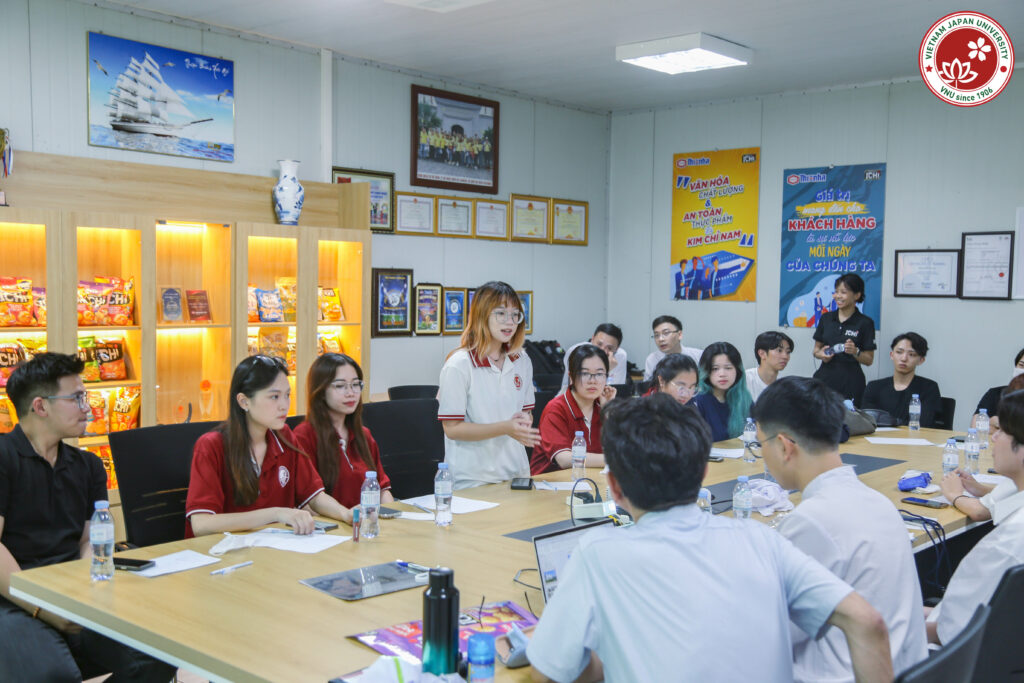
6.2 Learning Path
The learning path is divided into two main phases:
- In the first 2 years, students acquire general knowledge about humanities, social sciences, natural sciences, basic technology and knowledge about global issues of concern today. This will function as indispensable foundation when students wish to learn about contemporary Japan in comprehensive ways in the following 2 years of study.
- In the latter two years, students are required to to choose one of three concentrations: Japanese legal system, Japanese Economy and Management, and Japanese Language Education. These are the three concentrations selected on the basis of the current needs survey in Vietnam and also the orientations that can promote the strength of Vietnam Japan University.
- In parallel with the acquisition of general and specialized knowledge mentioned above, students will study Japanese for 4 years. In addition, students can improve their Japanese language proficiency through a number of specialized courses taught in Japanese, especially those on Japanese Studies or Japanese Language Education.
7. LECTURER
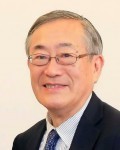
Prof.Dr. Motoo Furuta
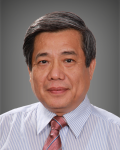
Professor, Academician Dr. Vu Minh Giang

Professor, Dr. Yamada Mitsuru

Professor, Dr. Momoki Shiro
Vietnamese History, Area Studies

Professor, Dr. Hori Yoshie
Southeast Asian Studies, Japan-Southeast Asia Relations

Professor, Dr. Đo Manh Hong
Business Administration

Professor, Dr. Miyazaki Satoshi
Japanese Language Education

Professor, Dr. Habu Eri
Economic Law

Professor, Dr. Sato Yasunobu
Law and Social Issues

Professor, Dr. Kurihara Hirohide
History, International Relations

Associate Professor, Dr. Pham Quy Long
Business Administration

Associate Professor, Dr. Fujino Shinya
Business Administration

Dr. Fujimoto Norimasa
Religious Studies, Religious Philosophy

Master, Yoshida Hiroyoshi
Japanese Language Education

Master, Negishi Masami
Business Administration
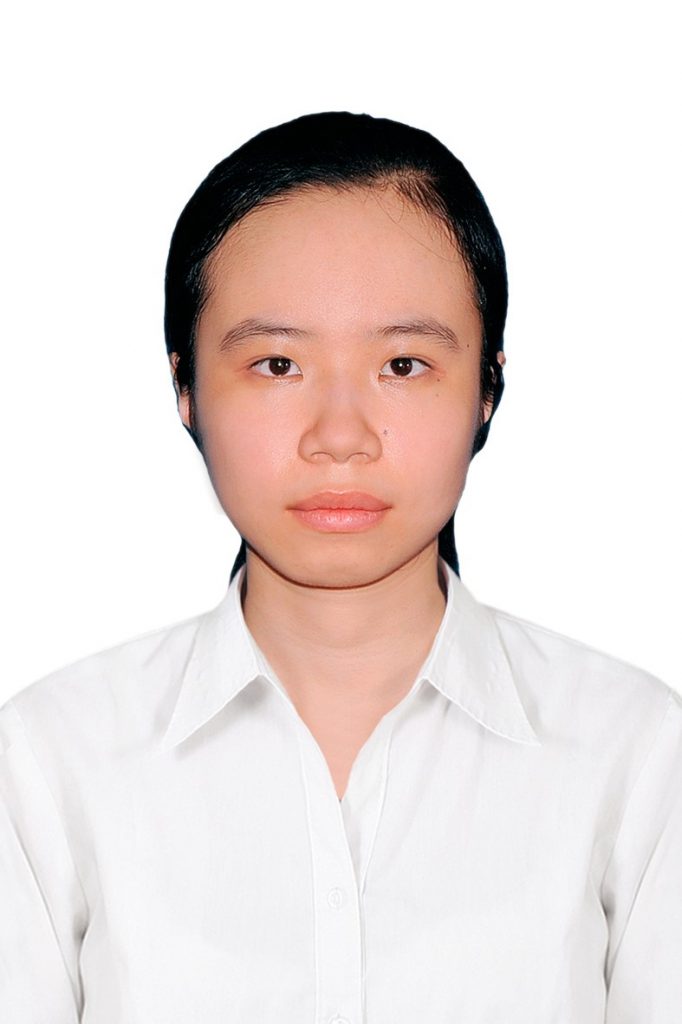
Master, Tran Lan Huong
Japanese Language Education
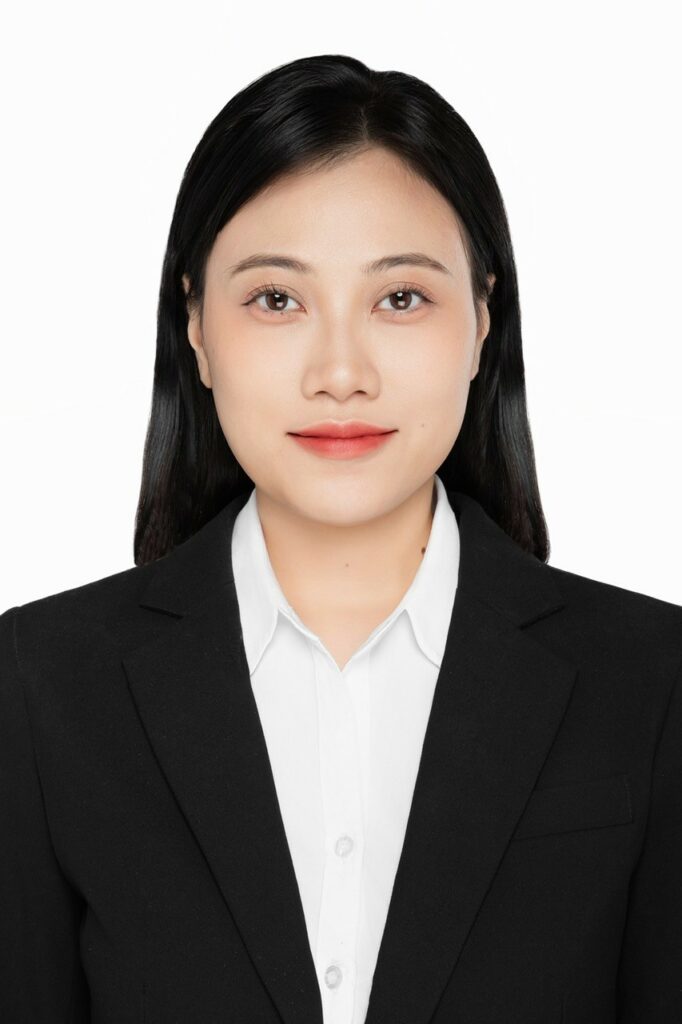
Master, Vu Thanh Thuy
Economic Law

Master, Ngo Minh Thao
Program Assistant
8. Scholarships and tuition assistance
- Tuition fee: 58,000,000 VND/student/school year (To be paid by semester, each semester 29,000,000 VND. The school commits not to increase tuition fees during the course).
- At least 15% of students receive a scholarship tuition support full or partial; There are also scholarships sponsored by companies and individuals for Vietnam Japan University and VNU.
9. ADMISSIONS
2022 Admission Targets: 55 students / course
2022 Admission method:
|
No |
Admission method |
Targets |
|
1 |
Admission based on High School Exam Result 2022 |
30% |
|
2 |
Admission by candidate's profile (review of study records and interview) |
30% |
| 3 | Admission based on the results of the competency assessment exam for high school students organized by VNU |
20% |
|
4 |
Direct admission and priority for admission |
10% |
|
5 |
Admission by other method |
10% |
|
6 |
Admission by international foreign language certificates (English or Japanese, combined with 02 subjects of high school graduation exam in 2021). |
|
|
7 |
Admission by results on the SAT |
|
|
8 |
Admission by A-Level Certificate |
|
|
9 |
Admission by ACT Certificate |
|
See more details at Full-time university enrollment in 2022
10. Learning outcome
1. Knowledge-Based Learning Outcomes:
- To acquire the capacity to apply foundational knowledge and advanced theoretical insights within the field of Japanese Studies, encompassing disciplines such as Japanese Studies, Japanese Language Education, Law, Economics, Management Sciences, and Sustainable Development, to examine and address issues pertinent to Japan.
- To acquire a profound ability to integrate core knowledge from the social sciences, political science, and legal studies in order to analytically engage with and provide solutions to complex societal, economic, political, and legal challenges.
- To utilize information technology with proficiency to design, process, and manage documentation, as well as to engage in comprehensive research and information retrieval tasks.
- To employ strategic planning, organizational, and process monitoring skills, underpinned by fundamental management and operational
2. Skills-Based Learning Outcomes:
- To master a broad range of essential competencies, including but not limited to information collection, data analysis, research methodology, presentation, and collaborative problem-solving, in order to tackle complex, interdisciplinary issues.
- To acquire a high level of proficiency in employing critical thinking, analytical reasoning,
and evaluative skills to engage in professional discourse on specialized topics within the
field of Japanese Studies. - To achieve a linguistic proficiency in Japanese at Level 4 (as per the 6-level Foreign Language Proficiency Framework for Vietnam), in alignment with the standards set by the Vietnam Ministry of Education and Training and Vietnam National University.
- To achieve a minimum proficiency in English at Level 3/6 (B1) according to the 6-level Foreign Language Proficiency Framework for Vietnam, ensuring effective communication within an academic and professional context.
3. Learning Outcomes in Autonomy and Responsibility:
- To acquire a strong capacity for independent work and collaborative engagement, demonstrating the ability to navigate dynamic and evolving professional environments while taking both individual and collective responsibility.
- To acquire the ability to plan, coordinate, and manage resources efficiently, as well as assess and optimize the effectiveness of operational processes in those activities. – To acquire advanced professional judgment by formulating well-founded conclusions and defending one’s perspectives with clarity, coherence.
- To acquire leadership skills in guiding and supervising others in the completion of assigned tasks, ensuring accountability and the achievement of academic and professional objectives.
- To cultivate a respectful attitude towards diverse viewpoints and opinions.
11. CONTACT INFORMATION
Add: 5th Floor, My Dinh Campus, Luu Huu Phuoc Street, Cau Dien Ward, Nam Tu Liem District, Ha Noi, Viet Nam.
Phone: (+84) 24 73066001 – Ext 5093
Hotline: (+84) 966 954 736 (Zalo) – (+84) 96 96 38 426
Email: admission@vju.ac.vn

